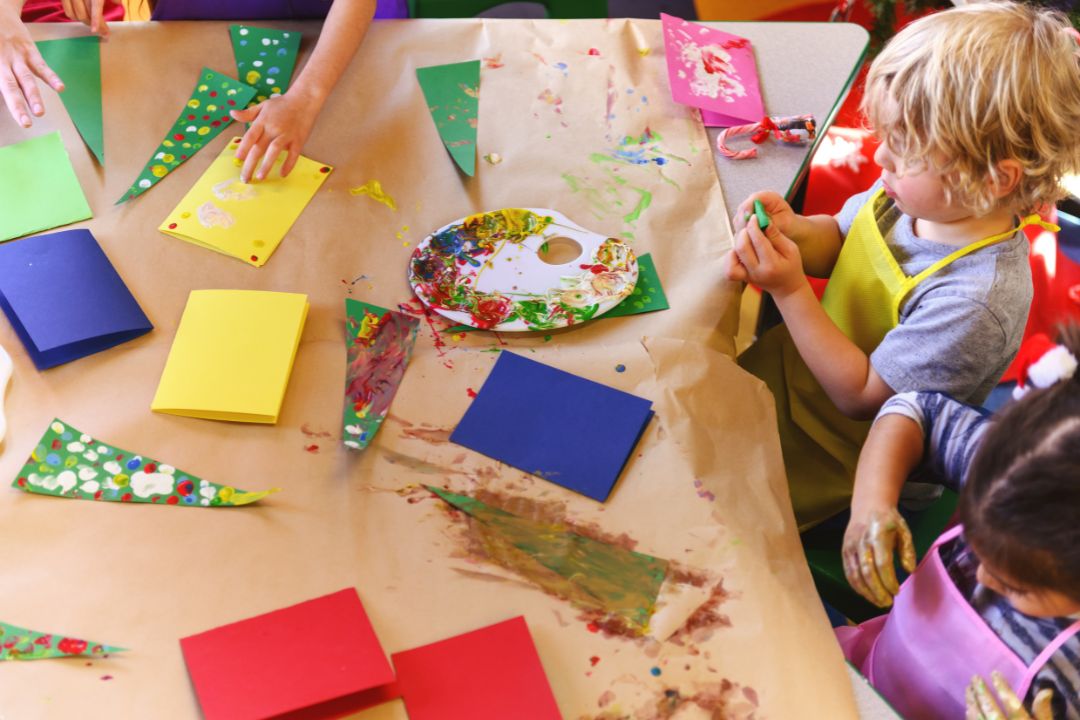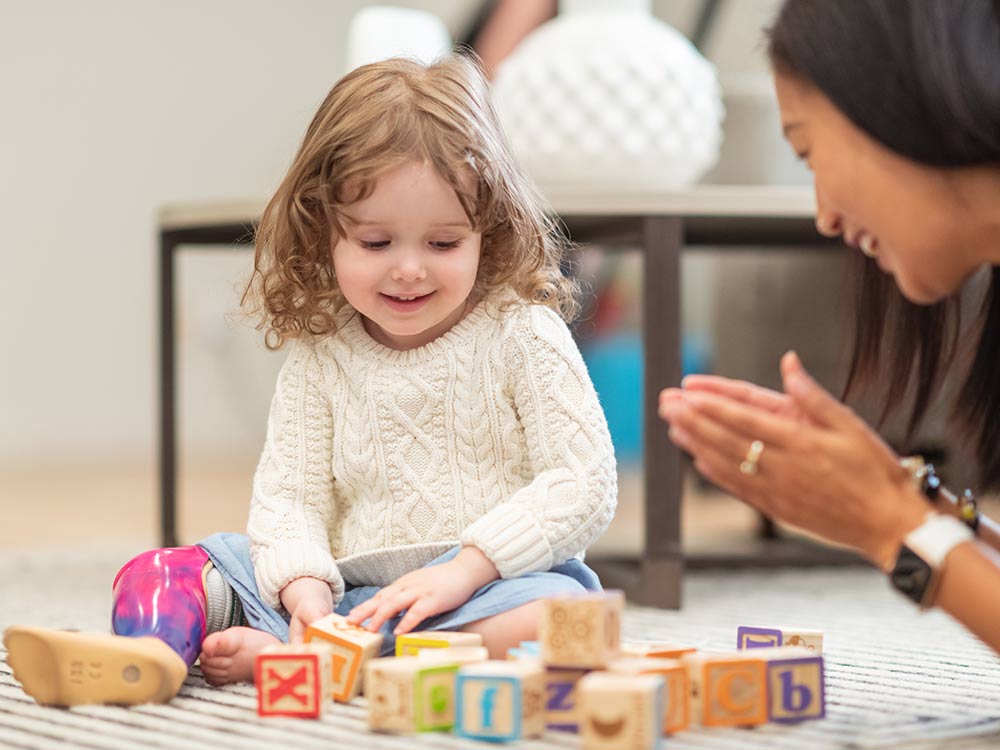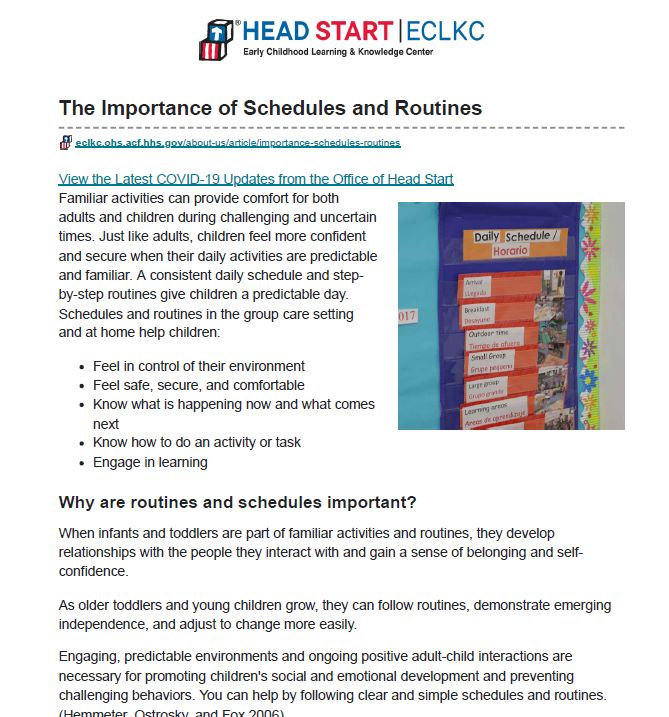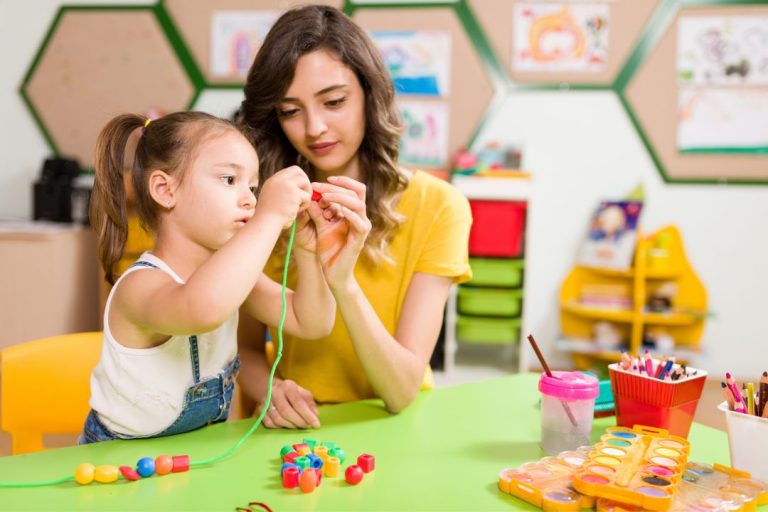What Activities are Appropriate for Preschoolers: Fun and Educational Ideas

Appropriate activities for preschoolers include coloring, storytelling, singing, and simple puzzles. These activities help develop their fine motor skills, language abilities, and cognitive functions.
Engaging in creative play, outdoor exploration, and sensory activities also supports their physical and sensory development. Preschoolers benefit from art and craft projects that encourage creativity and problem-solving, as well as simple games that promote social interaction and teamwork. Introducing age-appropriate books and music can foster a love for literacy and rhythm, enhancing their overall development.
Taking part in basic counting and sorting activities can lay the foundation for mathematical understanding. Ultimately, a blend of fun, educational, and interactive activities can help preschoolers thrive and enjoy their learning experiences.

1. Outdoor Activities
Outdoor activities are essential for preschoolers as they provide opportunities for physical movement, sensory exploration, and connection with nature. Engaging in various outdoor activities allows preschoolers to develop important motor skills, enhance their cognitive abilities, and foster a love for the environment.
Nature Exploration
Nature exploration offers an excellent way for preschoolers to learn about the world around them. It can include exploring local parks, going on nature walks, observing insects, and identifying different plants and trees. Encouraging children to engage with nature can foster a sense of wonder and curiosity, as well as a deeper appreciation for the environment.
Water Play
Water play is a favorite among preschoolers as they love splashing and experimenting with water. Whether it’s playing in a water table, paddling in a shallow pool, or simply running through sprinklers, water activities provide opportunities for sensory stimulation and exploration. It also helps in developing their motor skills and coordination.
Sensory Activities
Engaging in sensory activities outdoors allows preschoolers to use their senses to explore the world. They can engage in activities such as playing with sand, feeling different textures, and creating art with natural materials. These activities not only provide sensory stimulation but also encourage creativity and imagination.
2. Art And Craft
When it comes to activities for preschoolers, art and craft are both enjoyable and beneficial for their development. Engaging in art and craft activities allows preschoolers to express their creativity, enhance their fine motor skills, and boost their cognitive development. Here are some age-appropriate art and craft activities that your preschoolers are sure to love.
2.1 Finger Painting
Finger painting is a wonderful way for preschoolers to explore the world of art while using their hands as brushes. This sensory-rich activity encourages creativity and allows children to express themselves freely. It’s an excellent way for preschoolers to experience different textures and colors, stimulating their sensory development.
2.2 Playdough Fun
Playdough provides endless opportunities for preschoolers to use their imaginations and develop their fine motor skills. Whether they are molding shapes, creating characters, or simply exploring the versatile medium, playdough offers a tactile and sensory experience that engages young minds and helps them develop hand-eye coordination.
2.3 Collage Making
Collage-making is an exciting activity that allows preschoolers to explore different materials and textures while creating unique art pieces. Whether they are using paper, fabric, buttons, or other craft materials, collage-making fosters creativity and encourages children to visually express their thoughts and ideas in a fun and engaging way.
3. Pretend Play
Preschoolers benefit from engaging in pretend play activities, as it allows them to use their imagination and develop important cognitive and social skills. These activities can include playing dress-up, setting up a pretend tea party, or pretending to be doctors and nurses.
Playing pretend is an essential activity for preschoolers as it helps develop their imagination, creativity, and social skills. Pretend play allows children to step into different roles and explore various scenarios, creating a world of endless possibilities.
Dress-up Time
Encourage your preschooler’s imagination with dress-up time. Provide a box filled with costumes, accessories, and props so they can transform into their favorite characters. Whether it’s a firefighter, princess, or superhero, dressing up helps children express themselves and engage in imaginative play.
Kitchen And Restaurant
Equip your little chef with a play kitchen or a restaurant setup. These pretend play settings allow children to cook, serve, and pretend they are running their own eatery. They can create menus, take orders, and enjoy serving up delicious meals to their family and friends. This activity helps develop their language and communication skills as they engage in conversations and role-play scenarios.
Construction Zone
Transform a designated area into a construction zone for your preschooler to explore. Provide toy tools, building blocks, and construction vehicles. As they engage in pretend play, children can learn about construction, problem-solving, and teamwork. They can build structures, fix imaginary problems, and exercise their fine motor skills while having a blast.
Encouraging preschoolers to engage in pretend play activities like dress-up time, kitchen and restaurant play, and exploring a construction zone can have lasting benefits. These activities support their cognitive, social, and emotional development, nurturing their creativity and imagination. So, set the stage, provide the props, and watch your preschooler’s imagination soar as they embark on exciting pretend play adventures.
| Benefits of Pretend Play: |
|---|
| 1. Develops imagination and creativity. |
| 2. Enhances language and communication skills. |
| 3. Promotes problem-solving and critical thinking. |
| 4. Enhances social and emotional development. |
| 5. Builds fine motor skills and coordination. |
Remember, pretend play is not just a form of entertainment; it is a valuable learning tool for preschoolers. So, create a space for them to unleash their creativity, encourage their role-playing, and watch as they flourish through the power of imagination.
4. Music And Movement
Preschoolers benefit from Music and Movement activities, promoting motor skills, social interaction, and creativity. These activities include dancing, singing, playing instruments, and exploring different rhythms and sounds, contributing to their overall development and enjoyment.
Preschoolers are full of energy and a great way to channel their enthusiasm is through music and movement activities. These activities not only engage their senses but also contribute to their physical, social, and cognitive development. Here are some exciting activities you can try with your preschoolers to get them moving and grooving!
4.1 Dance Party
Dance parties are a fantastic way to let your preschoolers burn off some energy while having a blast! You don’t need any fancy equipment or a large space to host a dance party. Clear up a small area, put on some catchy tunes, and let the party begin! Encourage your little ones to move their bodies, sway their arms, and shake their hips. Don’t be afraid to join in on the fun too! Dancing not only improves coordination and balance but also promotes creativity and self-expression.
4.2 Musical Instruments
Musical instruments spark their imagination and help them develop a sense of rhythm and melody. You don’t have to invest in expensive instruments; simple ones like tambourines, maracas, or small keyboards will do the trick. Teach your preschoolers how to hold and play the instruments, and let them explore the sounds they can create. You can also organize a mini band where each child plays a different instrument. This activity not only enhances their fine motor skills but also fosters teamwork and cooperation.
4.3 Yoga For Kids
Yoga is not only beneficial for adults but also for preschoolers. Yoga for kids helps improve flexibility, strength, and body awareness. It also promotes relaxation and mindfulness. Introduce your preschoolers to basic yoga poses like the tree pose or the cat-cow pose. You can create a fun and imaginative environment by turning the poses into animal-themed movements. Encourage your little ones to breathe deeply and stretch their bodies. Yoga is a great way to calm their minds and promote a sense of self-confidence and well-being.
Incorporating music and movement into your preschooler’s routine offers numerous benefits, from physical development to emotional well-being. These activities not only keep your little ones entertained but also provide valuable learning experiences. So, put on some lively tunes, grab a musical instrument, or roll out a mat for some yoga fun – and watch your preschoolers thrive!
5. Stem Activities
Engaging preschoolers in STEM activities not only fosters their curiosity and creativity but also helps develop their critical thinking and problem-solving skills. STEM stands for Science, Technology, Engineering, and Mathematics – four fundamental fields that are crucial for a child’s cognitive development. Here are three exciting STEM activities that are perfect for preschoolers:
5.1 Building Blocks
Building blocks offer a myriad of benefits for preschoolers. Not only do they provide endless hours of fun, but they also enhance a child’s motor skills, spatial awareness, and hand-eye coordination. Encourage your little ones to construct various structures using different types of building materials such as wooden blocks, magnetic tiles, or Lego bricks. This activity allows them to unleash their imagination, learn about different shapes, and experience the joy of building something from scratch.
5.2 Science Experiments
Science experiments captivate the curious minds of preschoolers and introduce them to the wonders of the world around them. Simple and safe experiments like mixing colors, creating slime or observing plant growth not only fascinate children but also teach them valuable concepts about cause and effect, observation, and prediction. Encourage your preschoolers to explore their surroundings, ask questions, and engage in hands-on experiments that spark their curiosity and ignite their passion for learning.
5.3 Sorting And Counting
Sorting and counting activities are great for preschoolers as they lay the foundation for mathematical concepts while also improving their fine motor skills and cognitive abilities. Provide them with a variety of objects like buttons, colored blocks, or toy animals and encourage them to sort and count based on different attributes such as color, size, or shape. This hands-on approach to learning introduces early math skills and helps children develop logical thinking, problem-solving, and analytical skills.
Engaging preschoolers in STEM activities is an excellent way to nurture their inquisitive minds and set them on a path of lifelong learning. By incorporating building blocks, science experiments, and sorting/counting activities into their daily routine, you can support their holistic development and cultivate a love for STEM subjects from an early age.

Frequently Asked Questions On What Activities Are Appropriate For Preschoolers
What Are Some Appropriate Activities For Preschoolers?
Preschoolers can engage in a variety of activities that promote their physical, cognitive, and social development. Some suitable options include arts and crafts, outdoor play, storytime, sensory play, and simple puzzles. These activities not only help them learn but also foster creativity and enhance their coordination and communication skills.
How Do Educational Games Benefit Preschoolers?
Educational games provide preschoolers with a fun and engaging way to learn essential skills. They stimulate cognitive development, improve problem-solving abilities, enhance memory retention, and promote language and communication skills. These games also teach valuable lessons such as counting, color recognition, and letter identification, preparing them for formal education.
Why Is Pretend Play Important For Preschoolers?
Pretend play plays a vital role in the development of preschoolers. It helps them develop their imagination and creativity, practice problem-solving, and learn about the world around them. Pretend play allows children to explore different roles, develop their social skills, and improve their language and communication abilities, making it a valuable activity for their overall growth.
Conclusion
As parents, it’s vital to provide appropriate activities for our preschoolers that promote their overall development. From outdoor play to creative arts and crafts, these activities not only enhance their fine motor skills but also boost their cognitive and social abilities.
Engaging in activities such as sensory play, pretend play, and storytelling allows children to explore their imagination and learn valuable life skills in a fun and interactive manner. By tailoring activities to their interests and abilities, we can ensure our little ones thrive and enjoy their early childhood to the fullest.

Emma combines her teaching experience with her writing skills to produce engaging and informative content. She covers a range of topics, from classroom management to innovative teaching techniques.






